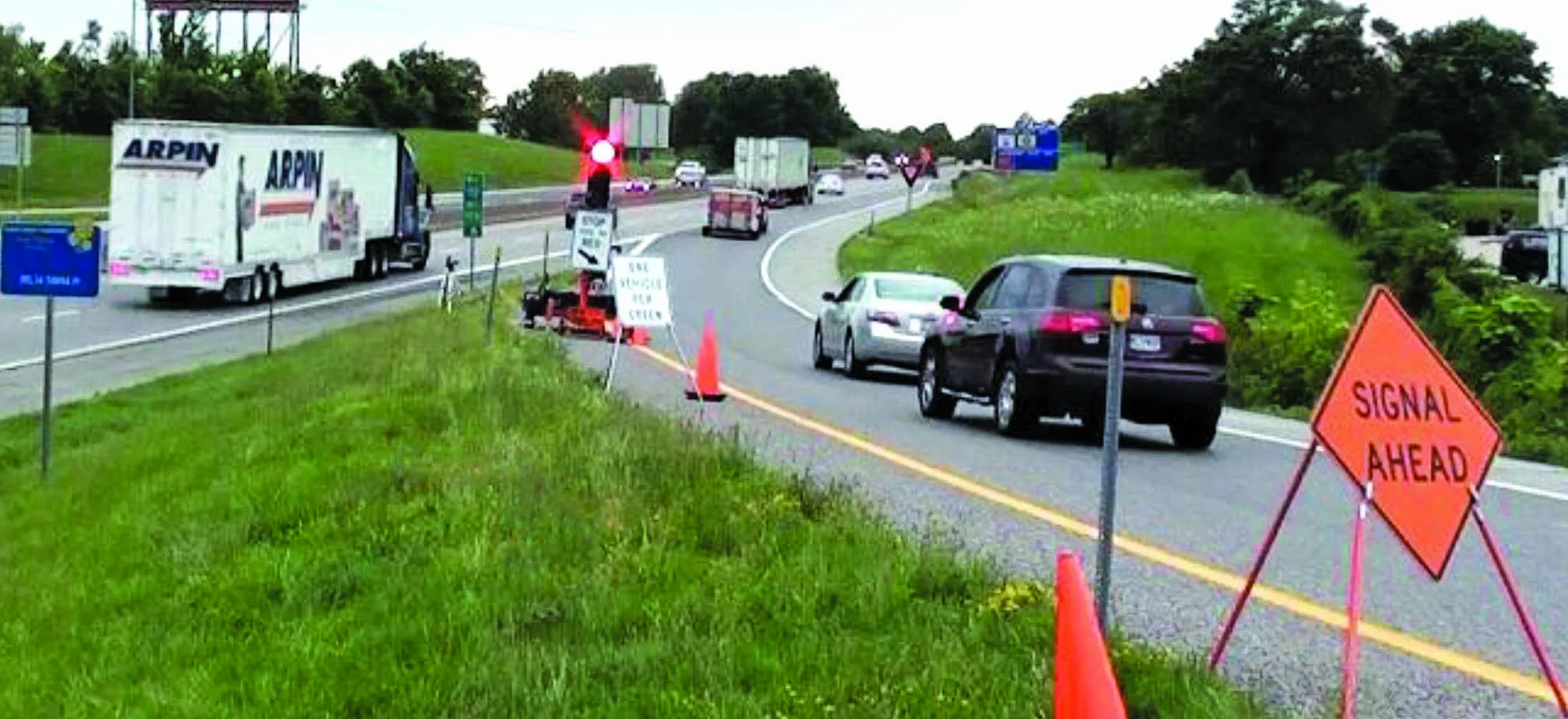Spain needs around €6.5 billion spent on its road infrastructure to bring it back up to ‘reasonable’ quality standard, according to a report drawn up by the Spanish Highways Association (SHA).
The huge works’ bill is said by the SHA to be due to the deterioration of the roads since 1985. According to McKinsey, this investment could be reduced if tendering authorities made more effort when it came to project analysis. By improving the use of engineering services by 3% to 5% per investment, cost savings of
April 14, 2014
Read time: 1 min
Spain needs around €6.5 billion spent on its road infrastructure to bring it back up to ‘reasonable’ quality standard, according to a report drawn up by the Spanish Highways Association (SHA).
The huge works’ bill is said by the SHA to be due to the deterioration of the roads since 1985. According to McKinsey, this investment could be reduced if tendering authorities made more effort when it came to project analysis. By improving the use of engineering services by 3% to 5% per investment, cost savings of up to 40% could be gained.
Spain is increasingly distancing itself from the average investment made in engineering in Europe, as the government spends fewer funds on infrastructures despite their worsening state. According to Bricard Associates, Spanish investment in engineering comes to under 4.5% of total infrastructure investment, while the European average is 8.4%.
The huge works’ bill is said by the SHA to be due to the deterioration of the roads since 1985. According to McKinsey, this investment could be reduced if tendering authorities made more effort when it came to project analysis. By improving the use of engineering services by 3% to 5% per investment, cost savings of up to 40% could be gained.
Spain is increasingly distancing itself from the average investment made in engineering in Europe, as the government spends fewer funds on infrastructures despite their worsening state. According to Bricard Associates, Spanish investment in engineering comes to under 4.5% of total infrastructure investment, while the European average is 8.4%.








